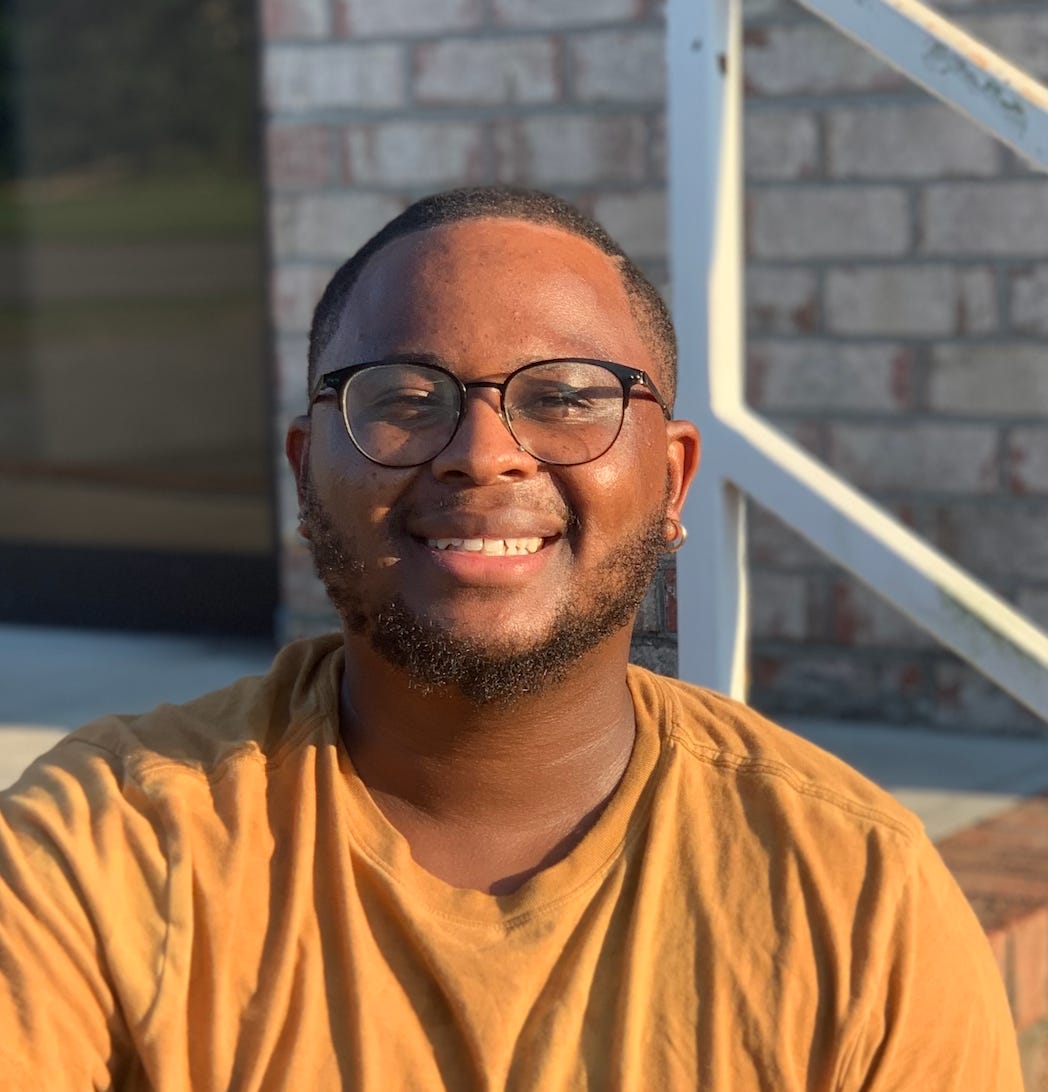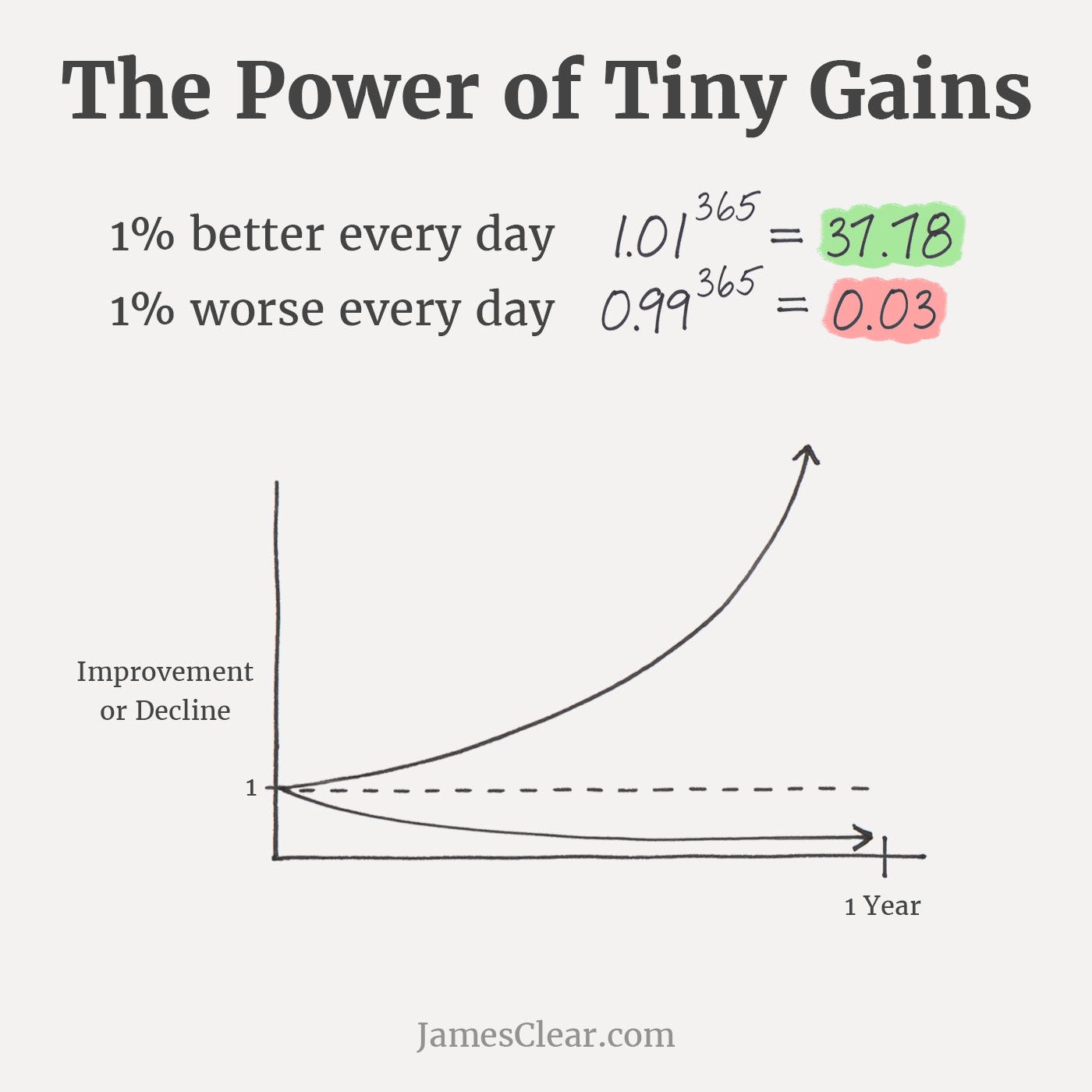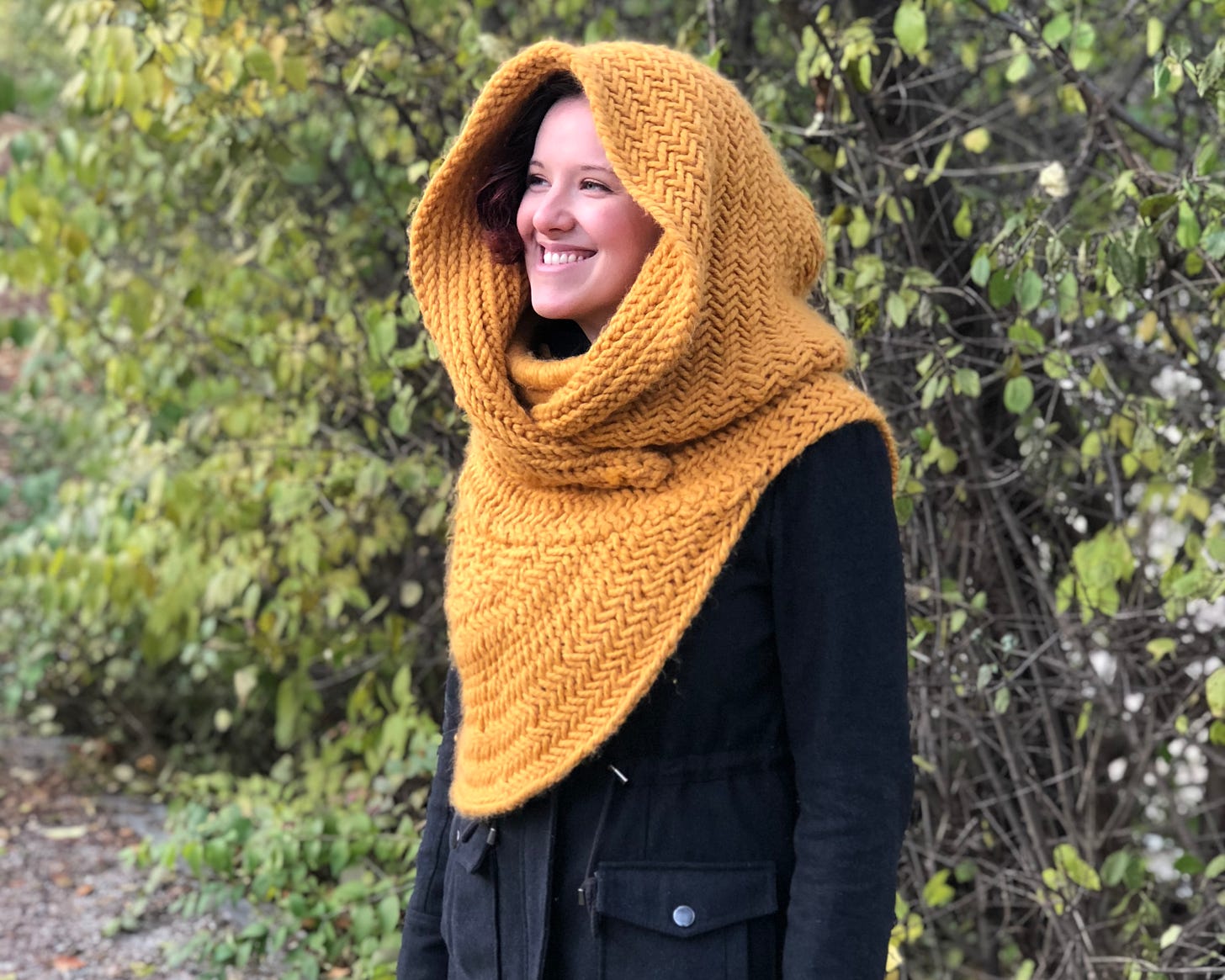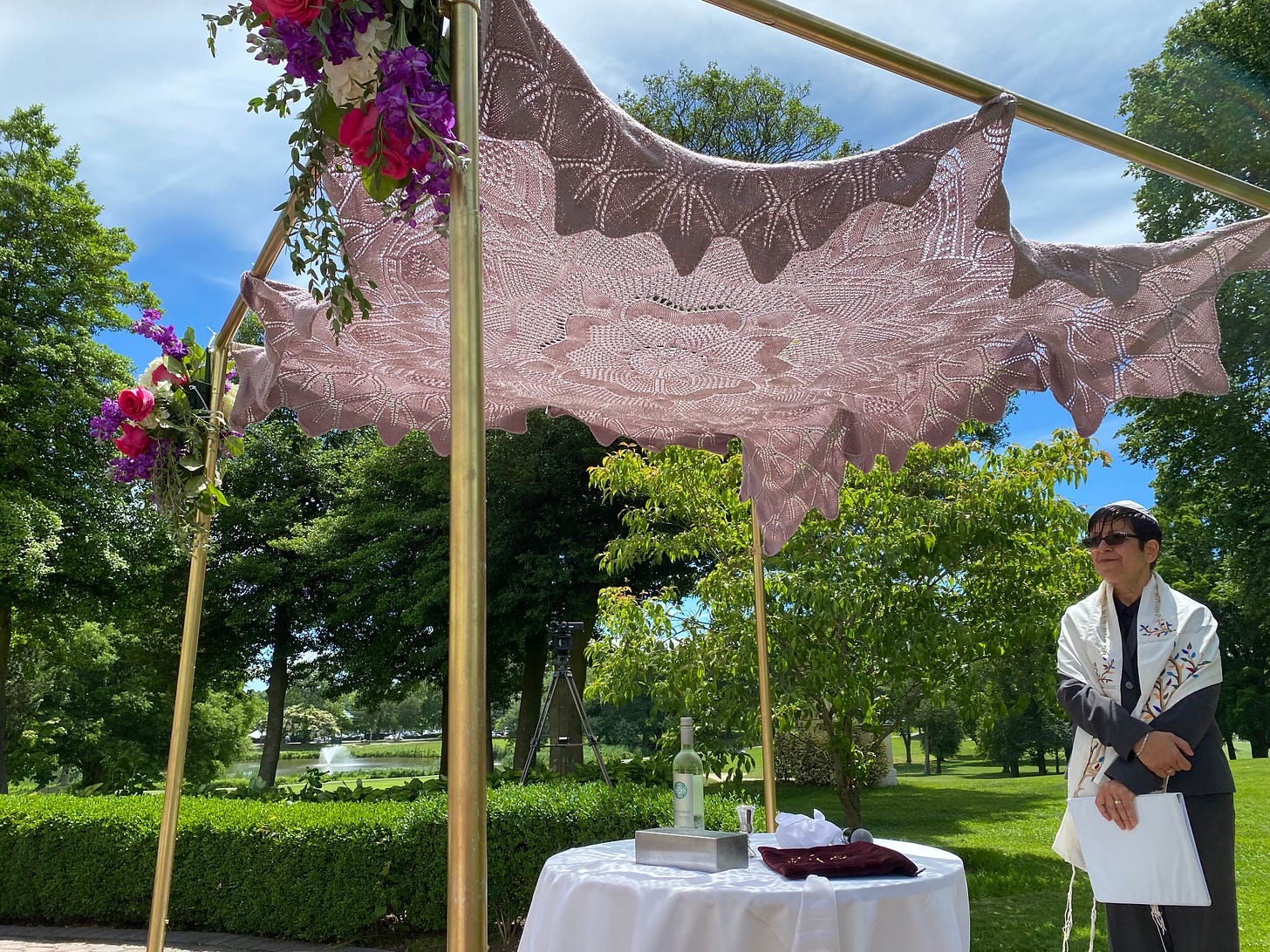Small wins, big potatoes
Our 41st, 42nd, 43rd, 44th, and 45th (!!) book winners are Tatianna Dugue, Leslie Villaverde (prospective PhD students), Daniela Muñoz Lopez, Nicole Saltiel, and Rick Yang (incoming/current PhD students)! Be sure to enter the book giveaway for your chance to win a copy of A Field Guide to Grad School! More details below (at the end of the post). Note that due to changes in how I purchase and mail books, I can now only ship to students in the United States. I do hope this changes in the future.
For a few months now, I’ve been wanting to write about the importance of acknowledging and celebrating small wins. I completely failed to do this as a graduate student. I believed that wrapping up data collection, submitting papers, and giving good conference presentations were just things that I *should* do and therefore didn’t deserve praise (and definitely didn’t deserve celebration). This thinking led me to discount the success of my dissertation defense and withhold excitement at my own PhD graduation. Yet, I have always jumped at the opportunity to celebrate others. So why couldn’t I do it for myself? I’m not entirely sure. But, I’ve worked through whatever was holding me back and now want the same for you. Let’s start by thinking about what small wins even mean for us long term. To do this, let’s look at an example provided by James Clear.
In his discussion on marginal gains, Clear highlights the importance of understanding the value of small, daily improvements. Indeed, mathematically, “the differences a tiny improvement can make over time is astounding,” he writes. More specifically, “if you can get 1 percent better each day for one year, you’ll end up thirty-seven times better by the time you’re done. Conversely, if you get 1 percent worse each day for one year, you’ll decline nearly down to zero. What starts as a small win or a minor setback accumulates into something much more.” See below if you don’t believe me!
Now, I want you to think about how regularly acknowledging tiny gains (or small wins) will positively influence your perceptions of your work, your contributions, your productivity, and your general sense of belonging within a space not exactly designed to be welcoming (i.e., academia). To be clear, you are NOT your work. But, I don’t know one person who couldn’t benefit from taking better stock of their own accomplishments. Further, acknowledging small wins may be one useful strategy toward dealing with disappointment, including rejection. So, how can you better acknowledge and celebrate your small wins?
Set SMART goals. SMART goals are: Specific, Measurable, Achievable, Relevant, and Time-bound. To set SMART goals, you usually need to break larger projects down into their component parts. In doing so, you get a better sense of all that is required to finish some task (big or small). For example, setting a goal to “write X manuscript” is, by itself, not a great goal. Instead, you really need identify the dozens of things that need to happen in order for X manuscript to get written. Such things include: cleaning and preparing data for sharing online, annotating code, working with coauthors through analyses, conducting literature searches, updating reference managers, requesting feedback from coauthors, etc. So many things. By noting everything that needs to get done and monitoring your progress toward the ultimate goal, you will gain a better sense of the magnitude of your accomplishments.
Make meetings with yourself. It sounds silly, but set aside time to regularly meet with yourself (and protect this time!!). Use these meetings to reflect on your progress and (re)strategize as you work toward completing new (and old) tasks. When doing this, aim to think broadly. That is, rather than limit your reflections to only your academic goals, consider who you want to be as a person independent of your work. When you step outside the lab, what sort of person do you want people to see? Do you want to be someone known for leading with kindness? Do you want to be known as someone who advocates for their communities? I understand that showing kindness and being an advocate are not always separate from our academic work; however, it’s important to acknowledge what progress in different spaces looks like (and to celebrate wins outside the classroom and lab).
Hold your friends accountable. Small (and big) wins are sometimes easier to spot when others are experiencing them. With this in mind, make sure to let your friends know when you see them shining. You can do this by simply texting them, congratulating them after a presentation, or even sending out a group email (you will likely know what your friend would prefer). You may also find it helpful (and enjoyable) to share wins via a group document (e.g., a Google Sheet). You can add your own win or someone else’s. Everyone can then share their congratulations! This may be especially useful for groups located in different areas (one downside of academia can be making the best friends only to soon move away from them).
Throw a party. As cringey as it sounds, YOLO (you only live once). I deeply regret restricting my joy as a post-bacc research assistant and PhD student—always waiting for the next thing to finally feel deserving of some celebration (and happiness). Allow yourself the opportunity to celebrate whatever it is you want (big and small). Create opportunities for social connection and public acknowledgement of the small stuff. In doing so, you may help others see the value in the small stuff as well. To get started, consider organizing a “back-to-school” gathering to share summer highlights with your friends (without giving any airtime to those things you wish you had accomplished). And never apologize for celebrating yourself and others. Like, never.
SCHOLAR PROFILE #20: NORWOOD GLASPIE
The purpose of these profiles is to highlight and connect you to scholars at different career stages doing interesting and important research and service work.
This week, we get to learn about Norwood Glaspie, who is a (soon-to-be) second-year PhD student at the Institute for Child Development at the University of Minnesota.

Now, let’s learn about Norwood’s academic journey.
What are your research interests?
My research interests include Cognitive Development, Social Cognition, and Early Learning in children. Specifically, my research has two aims: first, to examine how language and perceptions drive children’s understanding of social categories; second, to examine how testimonial learning and explanations can disrupt negative bias around those categories.
With whom do you work for your PhD?
My discipline is developmental psychology and my advisors are Dr. Melissa Koenig (Professor, Institute for Child Development) and Dr. Charisse Pickron (Assistant Professor, Institute for Child Development).
Why did you choose your PhD institution and advisor(s)?
For me, some of the most important factors were research fit because I wanted to work in a lab that addresses important topics and has implications in the real world. Next was the advisor. Your relationship with them can make or break your entire grad school experience. It was essential for me to have an advisor I could be myself around since I’m a first-generation student from rural North Carolina. After that, lab/graduate student culture and the program’s approach towards diversity and inclusion. I needed to be around a group of colleagues who emphasized supporting one another. Moreover, diversity in psychology is a problem, and I wanted to be somewhere that made a legitimate effort to address the issue. I got that and so much more here at ICD.
Please share more about your academic journey.
I would describe my academic journey as a winding road because, at first, I was a biology major interested in studying cellular genetics. But after realizing the real questions I wanted to study were about human behavior (and organic chemistry),I switched to psychology. I completed my undergrad degree at the University of North Carolina at Pembroke (UNCP) in psychology. I’m the first in my family to go to college, let alone pursue an advanced degree, so the prospects of completing a PhD seemed like a daunting process. So I opted for a master's in experimental psychology at North Carolina at Central University(NCCU), where I was advised by Dr. Dwayne Brandon (NCCU) and Dr. William Collier (UNCP).
My master's program allowed me to develop more as a researcher and fortified my desire to obtain a PhD. During that time, I worked as a data analyst and was primarily interested in children’s reading development and how it was shaped by their approach to learning and social context. In addition, my research interests began to broaden because I wanted my work to address more significant structural/social issues in our society.
How did you navigate the PhD application process?
The PhD application process can be overwhelming, especially if you are a first-generation student. I was fortunate enough to be a part of Margaret’s “Let’s Talk Grad School” Prospective PhD group where we covered many of the ins and outs of applying for a PhD. I also attended diversity workshops offered by programs I was interested in applying to so I could get a feel for how things worked at their school. I was also a part of the Next-Gen Scholar Program (NPSP) as a mentee, which helped review my application and statement of purpose. All of this made the challenge of applying for a PhD a lot easier, and it helped me create a supportive network before even starting my program
What is one bit of advice you'd like to give new (first-year) PhD students?
Considering I just finished my first year, I have a few things to say on this, and I would say, for the most part, not to be afraid to make mistakes. It's important to remember that we come into a doctoral program to LEARN and to do that, we must make some mistakes.
It wasn't an easy lesson to learn, so I give a lot of credit to my advisors here. This is why I will also add that good communication with your advisor is also essential because we as students need to be able to talk about what we don't know or things we may be uncertain about. It makes a big difference when you have someone that cares about you as a person and not just a researcher.
Many thanks to Norwood for sharing more about his academic journey!
EXTRACURRICULAR #3: DR. KIM BRINK
Many scholars display amazing talents outside the classroom, lab, studio, etc. In “Extracurricular,” I would like to share these talents to highlight the importance of pursuing passions outside one’s typical work (whatever typical means for you). These “outside” talents often inform our research approaches and, importantly, help us think about things in new ways. If you have something you’d like featured, please let me know! I would love to see your creations of any kind. I welcome contributions from folks at all career stages.
For this third installment, let’s admire Dr. Kim Brink’s fantastic knitting! Dr. Brink is a People Research Scientist at Meta.
I love knitting because it challenges my creative and mathematical sides while keeping my hands occupied and my mind relaxed. I can do it while watching TV and it even helps me focus during presentations or work meetings (I used to knit during lectures to keep me from online shopping or reading the news). - Dr. Brink
RESOURCE SPOTLIGHT
In this section, I highlight resources you may find helpful as you navigate the PhD application process as well as the PhD itself. This week, I’m sharing four tweets/threads from Twitter on the PhD application process, making use of helpful research resources, and identifying “transferable skills.”
Twitter Threads: Twitter can be a great place to connect with other folks folks in academia via #AcademicTwitter. I’ve had wonderful experiences meeting up with Twitter connections at conferences and have even formed some new friendships! It can also be a difficult place (think back to my post about social comparison). So, jump in when you’re ready, but never hesitate to take a break or even mute certain words and phrases!
Navigating the PhD application process from @lucylai_
Guide for clinical/counseling psych PhD applicants from @itselaynez
22 tools/resources useful for your research journey from @VnVrinda
Useful transferrable skills moving from academia to non-ac jobs from @LifeAfterMyPhD
How to reach me: You are always welcome to email me (letstalkgradschool@gmail.com) or find me on Twitter @tweetsbymidge.
Want to support my #hiddencurriculum efforts? Consider “buying me a coffee” via Ko-fi. All funds will be put back into my Let’s Talk Grad School initiatives (i.e., weekend groups, buying/mailing books, etc.). Learn more about my efforts here.
Let’s give away some books: Readers located in the United States are eligible to enter the book giveaway to receive a copy of A Field Guide to Grad School by Dr. Jessica Calarco. To do so, complete this survey and note that you only have to complete it once to be entered in all subsequent giveaways! I do hope to expand the reach of the giveaway; however, at the moment, the shipping costs are too great to scale. If you’d like to talk about ways your institution could secure an electronic (or hard) copy, please let me know.
Until next time!
Margaret





